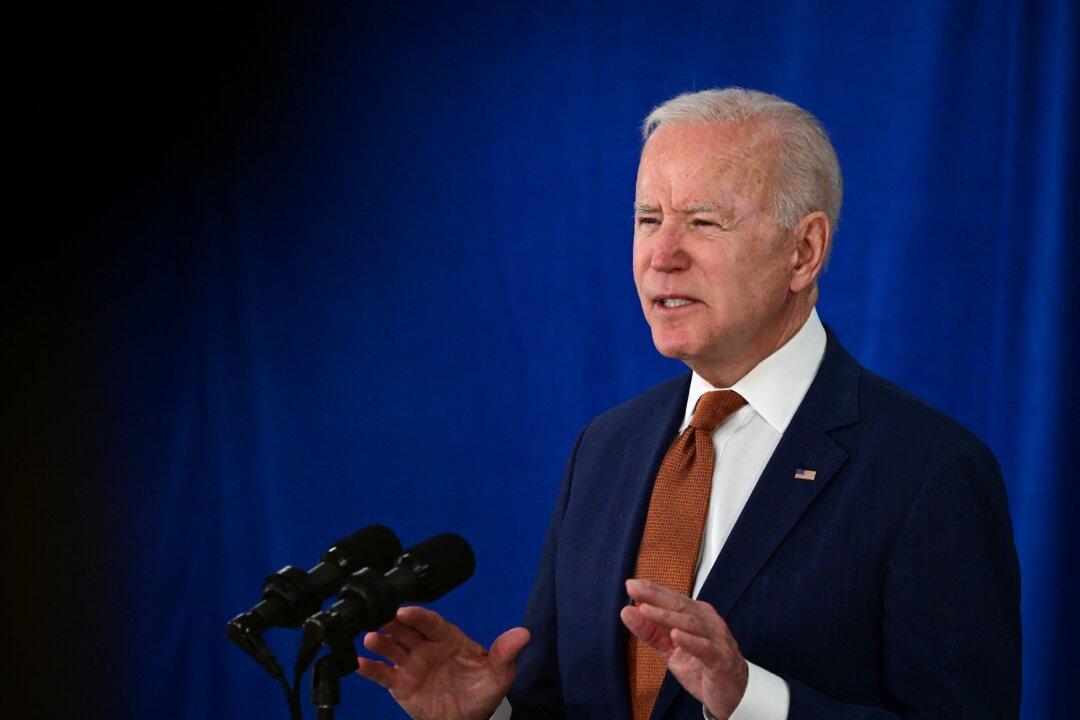The White House has announced that President Joe Biden has earmarked $46 million to meet the “unexpected urgent” needs of “vulnerable refugees and migrants in Central America and third countries in the region.”
A portion of the funds will be steered to international organizations by the U.S. State Department’s Bureau of Population, Refugees, and Migration, the White House said in a statement on June 11.





